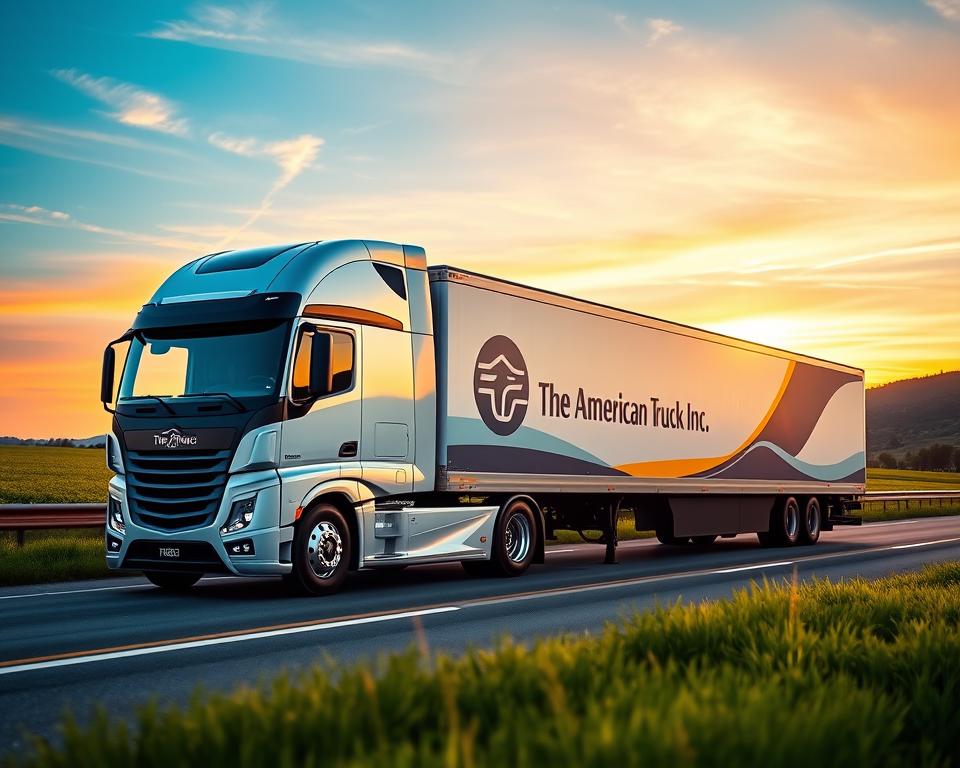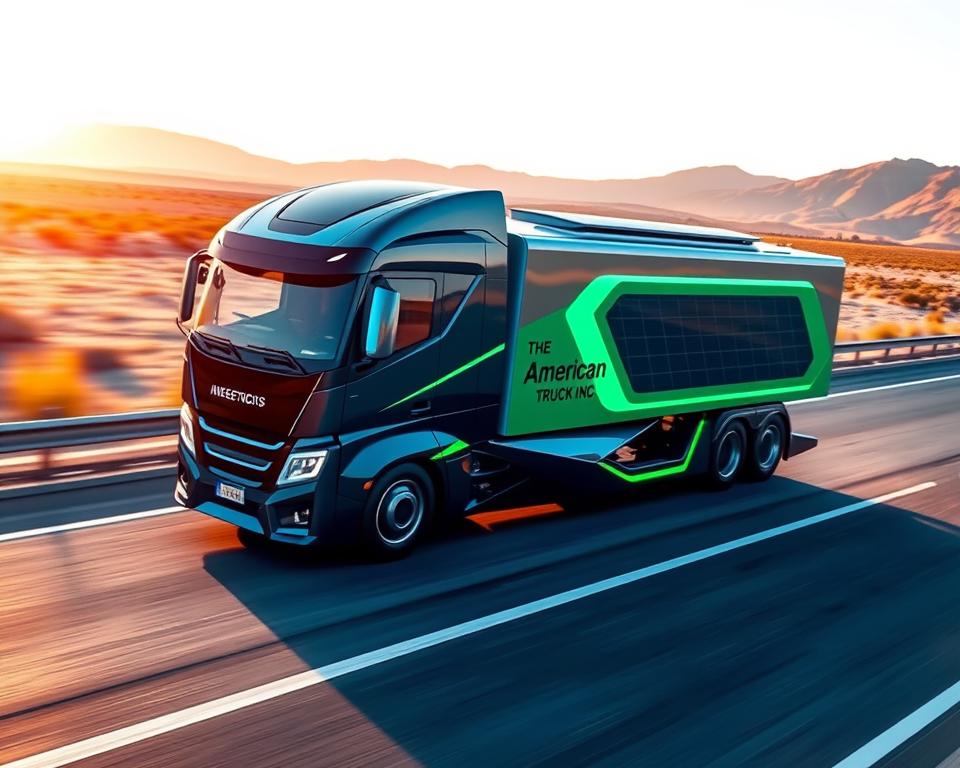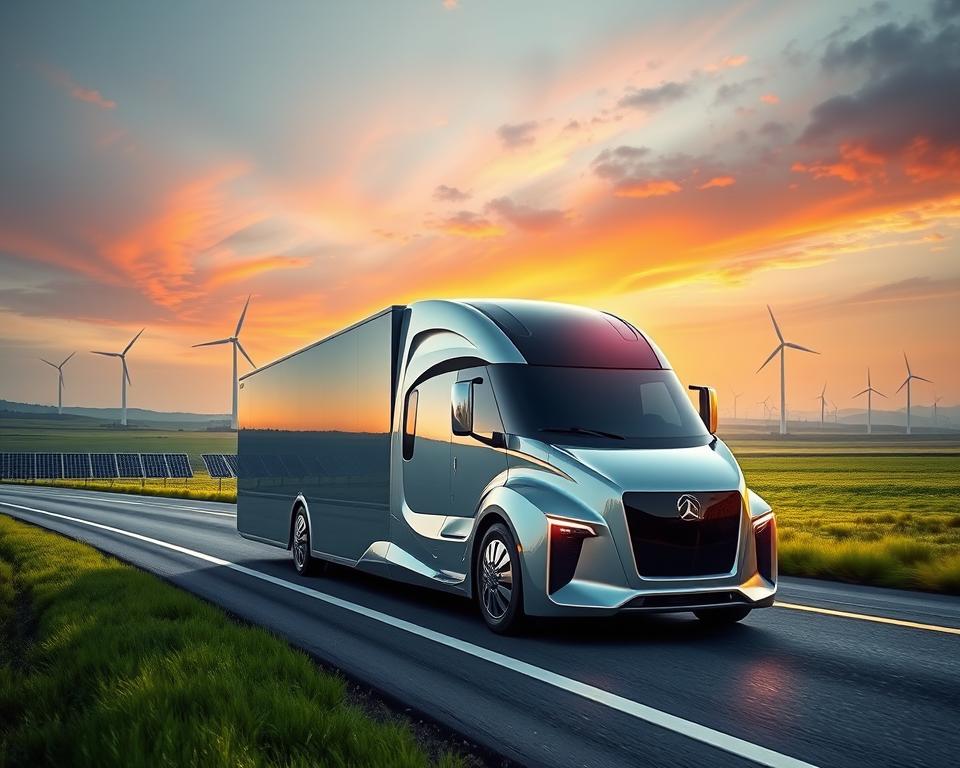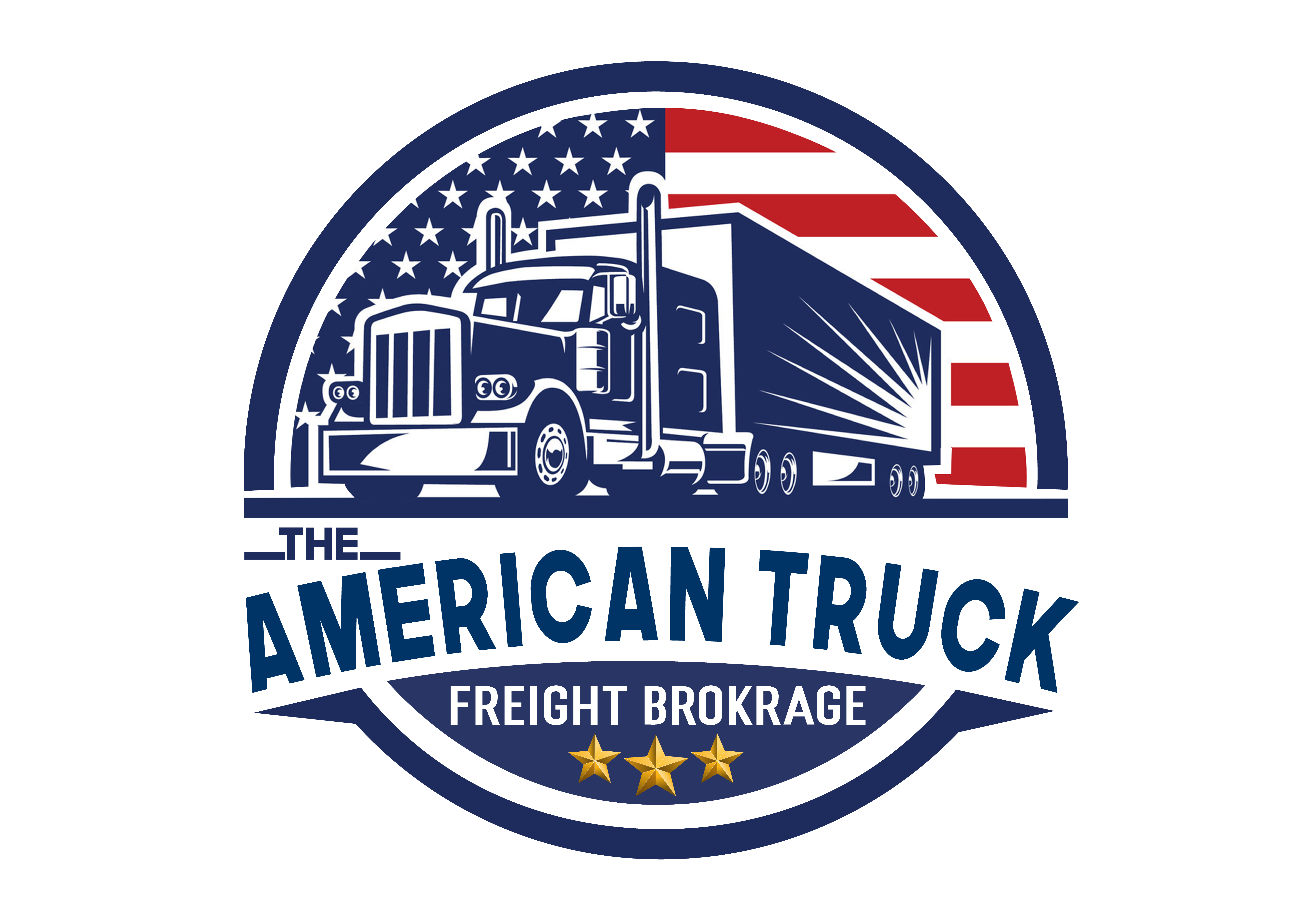
Electric Trucks: The American Trucking Industry’s Next Gear
The American trucking industry is making a significant leap toward sustainability by embracing electric vehicles. Experts foresee a dramatic change, with up to 30% of new medium- and heavy-duty truck sales expected to be electric by 2030. This transformation is set to revolutionize the transportation of goods across the nation, paving the way for a greener and more efficient future.
Key Takeaways
- The American trucking industry rapidly adopts electric vehicles to reduce environmental impact and improve sustainability.
- Industry experts forecast that by 2030, up to 30% of new medium- and heavy-duty truck sales in the US will be electric.
- The transition to electric trucks is expected to transform the transportation landscape, leading to more efficient and environmentally friendly freight movement.
- Advancements in electric truck technology and supporting infrastructure development are driving this shift.
- The transition to electric trucking presents opportunities and challenges for the industry, which will be explored in the upcoming sections.
The Electric Revolution in American Trucking
The American trucking industry is shifting towards electric vehicle (EV) technology. This shift is driven by growing demand for sustainable transport solutions. The electric truck is now a viable alternative to traditional diesel trucks. Advances in battery capacity and charging systems have made electric trucks more efficient, offering longer ranges and quicker refueling.
Current State of Electric Truck Technology
Leading truck manufacturing companies like Tesla, Volvo, and Daimler are at the forefront of electric heavy-duty truck development. These trucks can haul up to 80,000 pounds and have ranges over 500 miles on a single charge. Advanced battery packs and regenerative braking have dramatically enhanced their efficiency and sustainability.
Major Players in Electric Truck Manufacturing
- Tesla: The all-electric Semi model promises exceptional range, power, and efficiency, challenging traditional diesel trucks.
- Volvo: The Swedish automaker’s VNR Electric series offers up to 275 miles of range and is suitable for regional and urban delivery.
- Daimler: As Freightliner’s parent company, Daimler has introduced the eCascadia and eM2 106 models, which meet the technology needs of heavy-duty and medium-duty electric trucks.
Infrastructure Development for Electric Trucks
A robust charging infrastructure is essential for American truck electric vehicles to gain widespread adoption. Automakers, government agencies, and private companies are working together to create a network of high-powered charging stations, ensuring electric trucks can travel long distances without range anxiety.
| Manufacturer | Model | Range (miles) | Cargo Capacity (lbs) |
|---|---|---|---|
| Tesla | Semi | 500+ | 80,000 |
| Volvo | VNR Electric | 275 | 66,000 |
| Daimler | eCascadia | 250 | 80,000 |

“The transition to electric trucks is not just about environmental benefits; it’s about leveraging cutting-edge technology to improve the efficiency and profitability of our freight operations.”
Environmental Impact and Sustainability Benefits
The shift towards sustainable transport solutions, like electric trucks, brings substantial environmental gains. By adopting eco-friendly trucking, the sector can significantly contribute to carbon emissions reduction. This, in turn, helps lessen the transportation sector’s impact on climate change.
Electric trucks boast a much lower carbon footprint than their diesel counterparts. Research indicates that their widespread use could drastically cut greenhouse gas emissions, helping meet global climate objectives. Moreover, electric trucks reduce local air pollution in cities, enhancing public health and overall quality of life.
- Reduced carbon emissions and improved air quality in urban areas
- Contribution to global climate change mitigation efforts
- Quieter operation and reduced noise pollution
The advantages of electric trucking go beyond emissions. They operate more quietly, lessening noise pollution. This makes urban environments more serene, especially in densely populated areas where freight transport is a significant noise source.
“The transition to electric trucks is not only a technological advancement but a critical step towards a more sustainable and environmentally responsible transportation system.”
As the sustainable transport movement speeds, adopting eco-friendly trucking will be vital in shaping a greener future. This will benefit both the industry and the communities it serves.

Cost Analysis: Traditional vs. Electric Freight Transport
The electric revolution is transforming the American trucking industry. Fleet owners and logistics managers are now weighing the costs of switching from diesel trucks to electric ones. This detailed analysis examines the financial aspects of using conventional versus battery-powered commercial vehicles for freight transport.
Initial Investment Considerations
Buying an electric truck costs more upfront than a diesel one. Yet fleet managers should consider the long-term savings in fuel and maintenance. Government incentives and tax benefits can also help reduce the initial cost, making electric trucks more accessible.
Long-term Operating Expenses
Electric trucks may cost more, but they save money over time. They have fewer parts, leading to lower maintenance costs and less downtime. Charging them with electricity is also cheaper than diesel, offering significant savings over their lifespan.
Government Incentives and Tax Benefits
- Federal and state tax credits and rebates for electric commercial vehicles
- Grants and funding for freight transport infrastructure, like charging stations
- Potential exemptions from government incentives and regulations for zero-emission vehicles
Government support is key in making the switch to electric trucks financially attractive. These incentives help bridge the cost gap, encouraging businesses to adopt sustainable freight transport solutions.
Challenges Facing Electric Truck Dispatching and Operations
The trucking industry’s shift to electric vehicles brings new hurdles for fleet managers and dispatchers. They must navigate the complexities of electric truck dispatching, from managing range to optimizing charging times. This requires a new strategy for logistics planning.
Electric trucks have a shorter range than diesel ones, making route planning critical. Dispatchers need to consider load weight, driving conditions, and charging access. This ensures electric trucks can operate efficiently without running out of charge.
- Effective truck dispatching for electric trucks requires precise route planning to account for range limitations and charging requirements.
- Charging time management is crucial, as lengthy charging times can disrupt traditional dispatching schedules and introduce delays in the supply chain.
- Adapting electric truck operations to accommodate the unique needs of these vehicles, such as charging infrastructure and energy consumption monitoring, is essential for ensuring seamless transportation.
| Challenge | Impact | Potential Solutions |
|---|---|---|
| Range Limitations | Restricted driving distances, increased need for charging stops | Optimized route planning, real-time monitoring of battery levels, strategic placement of charging stations |
| Charging Time Management | Disruption to traditional dispatching schedules, delays in delivery | Deployment of high-speed charging infrastructure, integration of charging times into dispatch planning |
| Adapting Operations | Challenges in integrating electric trucks into existing logistics systems | Comprehensive training for dispatchers and drivers, development of specialized software and tracking systems |
Fleet managers and industry leaders must collaborate to overcome these challenges. This collaboration is key to a sustainable and efficient transportation future.
Impact on the Shipping and Freight Brokerage Industry
The shift to electric trucks is transforming the shipping and freight brokerage sectors. As the logistics industry adopts this green technology, shippers and brokers must adjust their strategies. This adaptation is crucial to seize the new opportunities arising from this transition.
Changes in Logistics Planning
Electric trucks bring new challenges to freight logistics planning. Professionals must consider range, charging infrastructure, and load capacity. These factors complicate route optimization, scheduling, and fleet management, requiring a reevaluation of logistics operations.
New Business Models and Opportunities
The advent of electric trucking opens up fresh business models and opportunities. Companies can partner with EV makers, charging station operators, and government bodies. Freight brokers can enhance their services using data analytics and digital platforms, catering to the evolving needs of shippers.
Training and Workforce Development
Adopting electric trucks requires a workforce skilled in their operation and maintenance. Shipping and freight brokerage firms must invest in training programs. Employees need to understand battery management, charging protocols, and how to optimize electric vehicle performance in logistics.
| Logistics Planning Considerations | New Business Opportunities | Workforce Development Needs |
|---|---|---|
|
|
|
Companies face significant changes as the shipping and freight brokerage sector moves towards electric trucks. They must adapt logistics planning, explore new business models, and invest in workforce development. This proactive approach will help them thrive in the changing transportation landscape.
Conclusion
The shift towards electric vehicles in the American trucking industry marks a crucial step towards a sustainable and efficient future. This transformation can potentially reduce carbon emissions and significantly lower operating costs. It also promises to enhance the environmental impact of freight transport across the United States.
Leading manufacturers like Tesla, Rivian, and Volvo are at the forefront of developing advanced technologies to overcome the limitations of traditional diesel-powered trucks. The growth in charging infrastructure and government incentives also facilitates the widespread adoption of electric trucks in the American market.
Despite ongoing challenges in areas such as dispatching and operations, the long-term advantages of electric trucking are clear. As the industry evolves, new business models and opportunities will arise. This will lead to a more sustainable and efficient future for American trucking. The transition to electric vehicles is essential for a greener, more economically viable transportation system. It will significantly influence the American economy for years to come.




